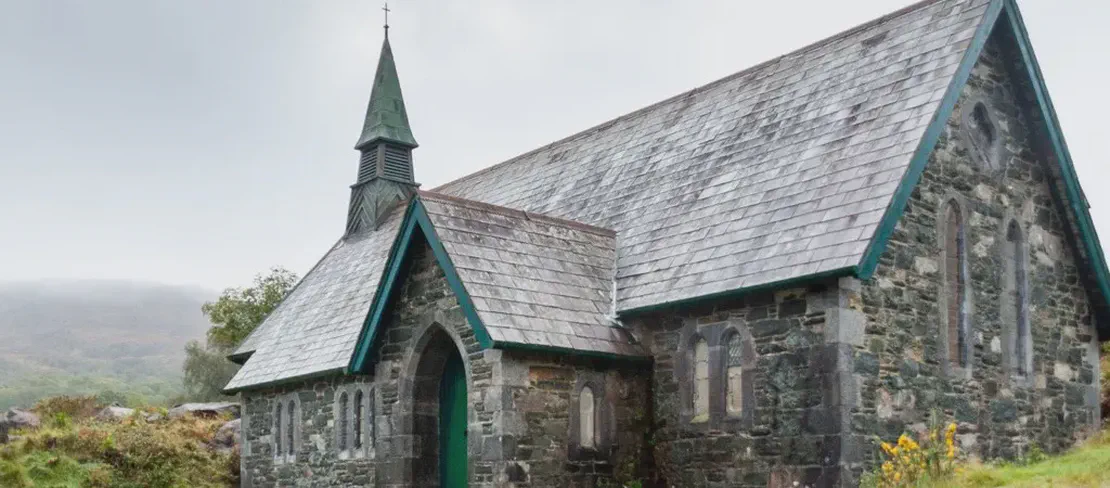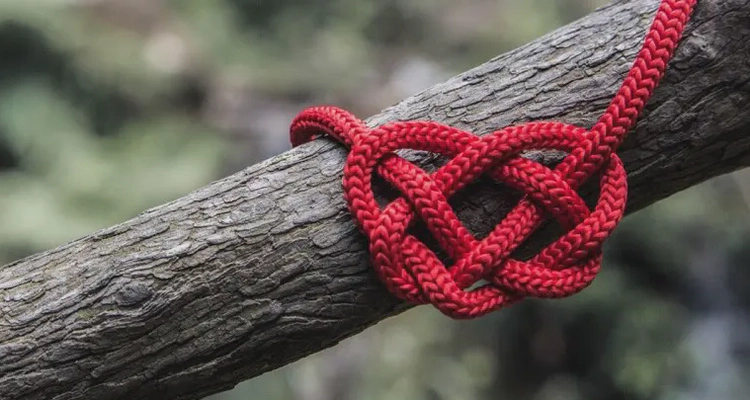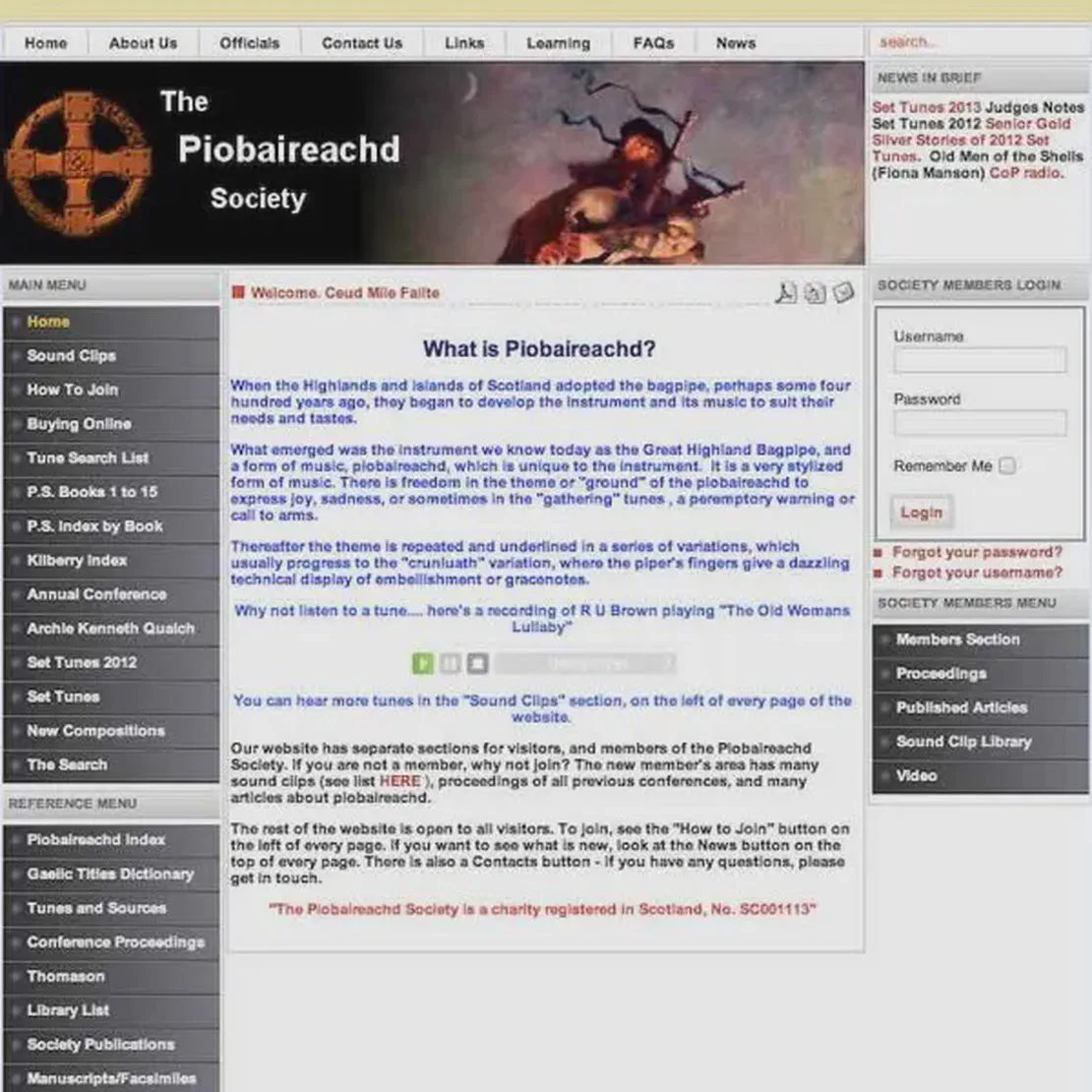- Funeral
- June 23, 2022

Bagpipes have a long tradition of being played at funerals, especially within Scottish, Irish, and broader military contexts.
The haunting and solemn sound of the bagpipes can evoke deep emotions, making them a powerful instrument for honoring and remembering the deceased. Here’s how bagpipes are typically incorporated into funeral services:
Tunes Commonly Played
- “Amazing Grace”: Perhaps the most well-known and frequently requested tune at funerals. Its poignant melody suits the solemnity of the occasion.
- “Flowers of the Forest”: A traditional Scottish lament, often played to commemorate the loss of life, particularly in military funerals.
- “Going Home”: Based on the Largo from Dvorak’s Symphony No. 9, this tune is a popular choice for its themes of peace and rest.
- “The Dark Island” or “Skye Boat Song”: These are also popular for their beautiful, reflective melodies that evoke images of the Scottish landscape.

During the Service
Bagpipes can be played at various points during a funeral service:
- As Guests Arrive: To set a respectful and reflective tone as people gather to pay their respects.
- Processional and Recessional: Leading the casket in and out of the church or service venue, adding a sense of dignity and formality.
- Graveside: A bagpiper may play a lament as the casket is lowered into the ground, a moment that can be particularly moving and memorable for those in attendance.
Military and Public Service Funerals
In funerals for individuals who served in the military, law enforcement, firefighting, or other public service roles, bagpipes serve as a tribute to their service and sacrifice. The playing of bagpipes in these contexts often follows specific traditions and protocols.
Considerations
- Selecting a Bagpiper: It’s important to choose a bagpiper who is experienced in performing at funerals, as they will be familiar with the protocol and the emotional weight of the occasion.
- Volume and Venue: Bagpipes are loud, so consider the size and acoustics of the venue when planning the performance. Outdoor venues can be particularly fitting for bagpipe music.
- Coordination: The bagpiper should coordinate with the funeral director or event organizer to ensure the timing and placement of their performance is appropriate and does not interfere with other aspects of the service.

Emotional Impact
The sound of bagpipes at a funeral can have a profound emotional impact, offering a sense of closure, dignity, and respect for the deceased. The music played can help express sorrow, celebrate the life lived, and provide comfort to the mourners.
Incorporating bagpipes into a funeral service is a meaningful way to honor the deceased, particularly for families with Celtic heritage or connections to military and public service. The tradition underscores the depth of loss while also offering a poignant farewell.



